Kitchen Arabic

SERIES EDITOR
Nicole Walker
SERIES ADVISORY BOARD
Kiese Laymon
Paisley Rekdal
Lia Purpura
Steve Fellner
Wendy S. Walters
Elissa Washutah
Kitchen Arabic
How My Family Came to America and the Recipes We Brought with Us
JOSEPH GEHA
The University of Georgia Press  Athens
Athens
Published by the University of Georgia Press
Athens, Georgia 30602
www.ugapress.org
2023 by Joseph Geha
All rights reserved
Designed by Erin Kirk
Set in Minion
Printed and bound by Integrated Books International
The paper in this book meets the guidelines for permanence and durability of the Committee on Production Guidelines for Book Longevity of the Council on Library Resources.
Most University of Georgia Press titles are available from popular e-book vendors.
Library of Congress Control Number: 2022947098
ISBN : 9780820364001 (paperback)
ISBN : 9780820364018 (epub)
ISBN : 9780820364025 ( PDF )
For my grandchildren...
Ruthie,
Wilson,
and Joey
... with love

Contents
Kitchen Arabic
Prologue
In September 1946, on the evening before my family was to set off on our journey of emigration to America, my five-year-old sister, VeeVee, began running a high fever. Our parents didnt dare call a doctor. Typhoid had been rampant throughout Lebanon all that summer and early fall; just the suspicion of it would be enough to prevent us from boarding the ship. And because my father had already paid bribes to cover not only what transit documents we lacked but also the further payoffs needed to secure us a berth on the Vulcania , the first passenger ship leaving Beirut harbor after the war, we simply couldnt afford to postpone our departure. We would have to board tomorrow, or never.
To quiet VeeVees moans, my mother gave her laudanum, a tincture of opium. It wasnt hard to come by, every pharmacieh in Beirut sold it over the counter. Mama gave it to us children whenever she felt we were agitated or cranky. It quieted us and helped us to sleep.
Mama made rishta soup for supper, and later that night, while my sister and brother and I dreamed our opium dreams, our father hatched a plan that was to become a family story.

In Syrian tradition, storytellers begin with the phrase kaan makaan , a kind of Arabic once upon a time. Translated literally, kaan makaan means it happened, it didnt happen. In other words, Heres a story; maybe it happened ( kaan ); then again maybe it didnt ( makaan )... You decide .
So, heres the story as I heard it all my growing up. Early next morning, Baba (Arabic, which has no p sound, substitutes a b ) roused VeeVee and had Mama rouge her fever-yellowed cheeks, dress her in a bright frock, and tie a large, jaunty bow in her hair.
Later, waiting in line at the docks, Baba held VeeVee, weak and listless, in his arms. Then, as our turn came to ascend the gangplank, he began to tickle her. And that was how, giggling and annoyed but at least animated, she made it past the ships medical officer, who stood watching as the passengers were checked in. Baba waited until after wed settled into our steerage quarters. In an hour we could feel the ship moving. In another hour or so, we were out of sight of land, and Baba carried VeeVee to the top deck. You! Come here! he called out to the first crew member he came across. Your ship has bad water! See how sick it made her!
The crew member took one look, and my sister was immediately carried to the ships hospital. There she spent the entire fifteen-day voyage.
She remembers a nurse reading to her and another nurse painting her fingernails. My brother, Aboody, a year older than I, remembers Baba holding him up so that he could see the dolphins leaping in our wake. As for me, not quite two, I remember nothing. Not the ship, not the seasickness I was told we suffered, not the shouting that went up from all the decks as we steamed past the Statue of Liberty. For me it would be only a story, one of so many I heard, kaan makaan , all my growing up. My sister had recovered by the time we reached New York, but our arrival story doesnt end there.
Authorities in the medical facility at Ellis Island had been notified of VeeVees condition and, after examining her, decided that she must remain in quarantine for another two full weeks. So too must the rest of the family. And quarantined along with us for every single day of those two weeks was every single othervery disgruntled, I imaginepassenger, officer, and crew member of the Vulcania .
We were released from Ellis Island on Saturday, October 5, 1946. I know the date because, as my family told the story, it took forever to find a taxi that day in Manhattan, that day being Yom Kippur, and the majority of New York cabbies in those days being Jewish. Thats how we arrived and how it happened that we can add our names to the multitudes who underwent processing at Ellis Island. Kaan makaan.

Rishta , our last meal in the old country, is served traditionally to observe fresh starts, like the setting off on a journey or the occasion of a childs first tooth.
The recipe itself can be as complex or simple as youd likethe essential ingredients are lentils, coriander, onions, and greens. For a vegetarian (or Lenten) version, use water instead of chicken stock.
Rishta
(Lentil Soup)
10 cups chicken stock1 cup brown lentils2 tablespoons buttercup olive oil1 medium onion, choppedSalt4 large garlic cloves, pounded to a paste with a little coarse saltteaspoon black pepper2 tablespoons dried crushed mint1 tablespoon ground coriander1 tablespoon ground cumin1 cup chopped fresh cilantrocup chopped scallions4 ounces noodles (see notes below)10 ounces chopped spinachcup fresh-squeezed lemon juice2 lemons, each cut into 4 wedges1. Pour the stock into a 4-quart saucepan, add the lentils, and bring to a boil. Reduce heat, cover, and simmer 20 minutes.2. Meanwhile, heat the butter and olive oil in a 10- to 12-inch fry pan. Add the onion (with a light sprinkle of salt to release its water) and saut until slightly browned.3. Add the garlic, pepper, mint, coriander, and cumin to the onions; fry for a minute more; add the cilantro and scallions, stirring 2 minutes, then carefully add the mixture to the lentils.4. Add the noodles and 2 teaspoons salt, or to taste; continue to simmer 15 minutes.5. Add the spinach and simmer another 5 minutes. Stir in the lemon juice. Serve with wedges of lemon.
Serves 8
NOTES:
Use store-bought egg noodles, broken up spaghetti, or make your own noodles by mixing together...cup all-purpose flour1 tablespoon olive oil1 pinch salt2 tablespoons water... to form a dough. Let dough rest 10 to 15 minutes, then roll out on flour-dusted surface into a squarish shape, and cut into -inch by 3-inch strips and add directly to the rishta . Give a gentle stir to keep them from sticking together.To deepen the flavor, the noodles (whether store-bought or homemade) can be roasted on a cookie sheet in the oven at 350F for about 15 to 20 minutes (or until golden brown) before adding to soup.One cup of coarsely chopped Swiss chard can be added with the spinach, and for a more robust meal, a cup or so of rinsed canned kidney beans.Serving rishta , its nice to place a bowl of roasted chickpeas on the table for passing around with the lemon wedges. To roast chickpeas, drain and rinse canned chickpeas, pat dry with paper towels, and toss in olive oil and 1 teaspoon salt. Roast in 400F oven for 20 to 30 minutes. While still hot, toss with 1 teaspoon ground cumin and 1 pinch or 2 of cayenne pepper.
Next page
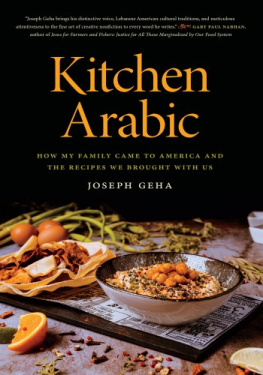

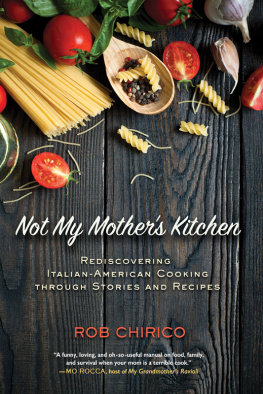
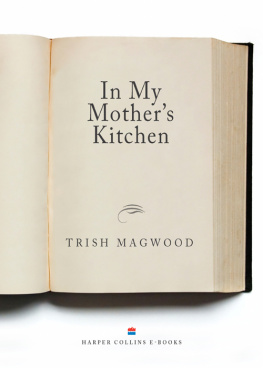
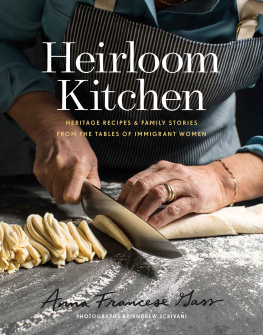

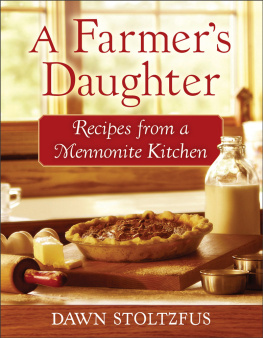
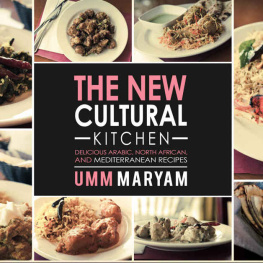

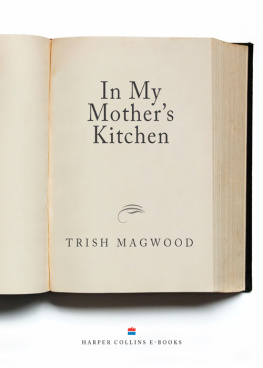
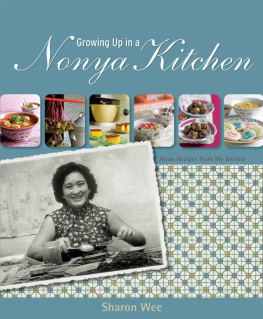

 Athens
Athens